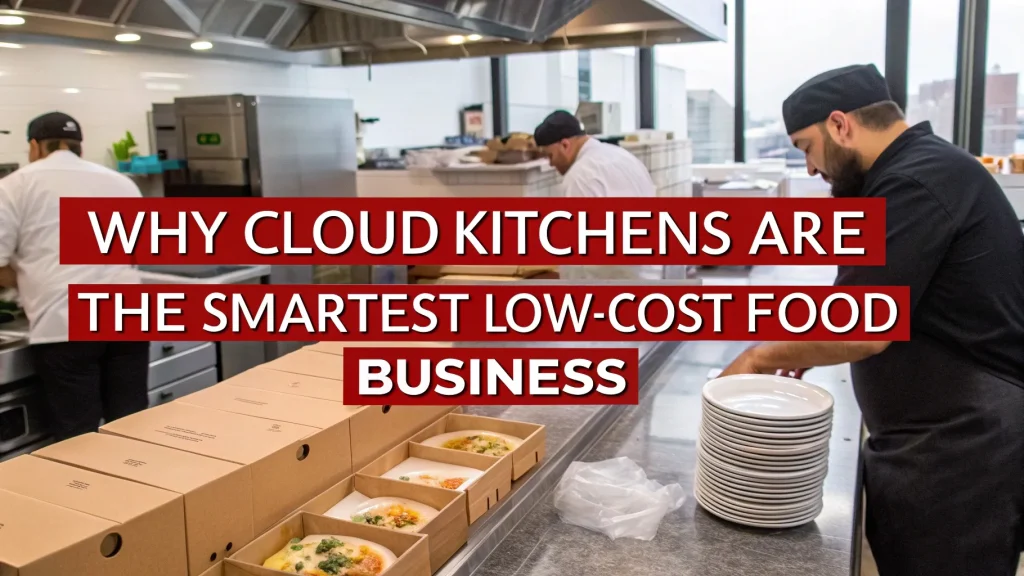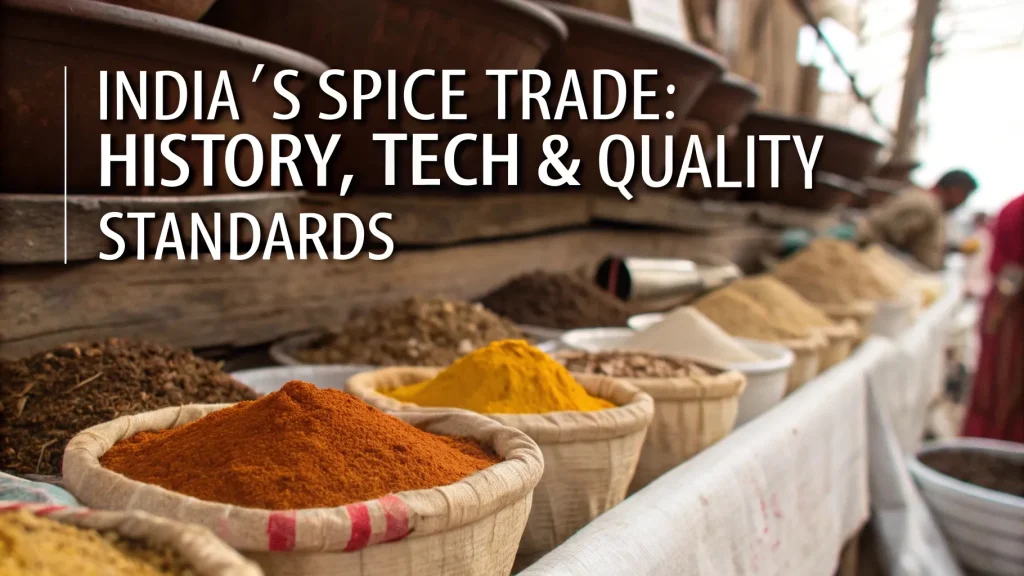Rubber products manufacturing has emerged as a highly promising industrial sector due to its wide application across automotive, construction, healthcare, consumer goods, and industrial machinery. With the ever-growing demand for flexible, durable, and cost-effective materials, rubber-based products have become an essential component in modern production systems. The global shift towards sustainable and eco-friendly materials also opens up new avenues for biodegradable and recycled rubber products, making this industry ripe for innovation and entrepreneurship.
Exploring Profitable Avenues in Rubber Products Manufacturing
The rubber products manufacturing industry offers numerous profitable opportunities for entrepreneurs and small manufacturers. These opportunities range from daily-use household items to high-performance components for industrial use. Here’s a comprehensive look at some of the most profitable and scalable ideas in this sector:
1. Rubber Gaskets and Seals
Rubber gaskets and seals are extensively used in automotive, plumbing, aerospace, and machinery sectors. These products help prevent leaks, maintain pressure, and reduce vibration. Manufacturing rubber gaskets involves precision molding and often requires specialized dies, but the investment is relatively moderate. Given their consistent demand across multiple industries, these products can be a steady source of revenue.
Gasket and seal production in rubber products manufacturing is a long-term, scalable business that can expand with minimal added costs by diversifying into different shapes, sizes, and custom designs.
2. Rubber Floor Mats and Tiles
With the rising focus on safety, hygiene, and aesthetics in both residential and commercial spaces, rubber flooring products have gained immense popularity. Gym mats, anti-fatigue mats, playground tiles, and industrial rubber flooring are examples of high-margin products in this category.
The best part about this idea is the potential to use recycled rubber—particularly from old tires—making it not only cost-effective but also environmentally responsible. These floorings are durable, slip-resistant, and easy to clean, which enhances their utility and market appeal.
3. Automotive Rubber Parts
Rubber products manufacturing in the automotive sector is a lucrative niche. Items such as rubber bushings, engine mounts, weather stripping, belts, hoses, and pedal covers are critical to vehicle performance and safety. With the growth of electric vehicles and two-wheelers, especially in developing markets, the demand for durable and efficient rubber parts is growing exponentially.
The startup investment may include mold creation, high-precision machinery, and industry compliance certifications, but the returns are long-term and sustainable. Partnering with automobile OEMs (Original Equipment Manufacturers) or tapping into the aftermarket segment can amplify profits.
4. Rubber Bands and Latex Products
Rubber bands, though simple, are used in large volumes across offices, industries, households, and agriculture. The manufacturing process is semi-automated and requires natural or synthetic latex. Similarly, latex gloves, balloons, and rubber tubing are essential products in the healthcare, education, and laboratory sectors.
The global demand for latex-based rubber products manufacturing spiked during the pandemic and continues to remain strong due to hygiene awareness. Setting up a small-scale rubber band or glove manufacturing unit can yield impressive ROI with minimal investment.
5. Rubber Pipes and Hoses
Rubber hoses and flexible piping solutions are indispensable in the agricultural, chemical, mining, and automotive industries. They transport fluids, gases, and slurries safely and efficiently. The types include hydraulic hoses, garden hoses, industrial hoses, and food-grade rubber hoses.
Though the machinery and quality control standards are relatively stringent, the demand is consistent and less prone to market fluctuations. Investing in durable, high-pressure hose manufacturing with value-added features like UV resistance or chemical compatibility can set your product apart.
6. Reclaimed Rubber and Recycled Rubber Products
One of the fastest-growing segments in rubber products manufacturing is the recycling and reprocessing of used rubber materials. Old tires, industrial rubber waste, and latex scraps can be reclaimed and turned into a variety of products like crumb rubber, rubber tiles, speed breakers, and mats.
This business not only supports the circular economy but also qualifies for green manufacturing subsidies in many regions. With environmental regulations tightening globally, recycled rubber goods are increasingly sought-after, especially in eco-conscious markets.
Reclaimed rubber businesses can also supply raw material to other rubber products manufacturing units, further diversifying income streams.
7. Rubber Bushings and Shock Absorbers
Used heavily in the automotive, railways, and industrial machinery segments, rubber bushings and shock-absorbing mounts reduce vibration, enhance performance, and increase equipment lifespan. These components are generally manufactured through compression molding or injection molding techniques.
The technical requirements are slightly advanced, but once the production setup is complete, manufacturing becomes streamlined. There is also a consistent aftermarket demand for replacement parts, making it a high-potential business within the rubber products manufacturing domain.
8. Medical and Surgical Rubber Products
This niche includes items such as catheters, surgical gloves, rubber sheets, teats, enema kits, and stoppers. These products require medical-grade rubber and adherence to strict regulatory standards such as FDA, CE, or ISO certifications. However, the margins in this category are considerably higher due to the critical use and value-add of the products.
Demand from hospitals, clinics, and diagnostic labs continues to rise globally, and local manufacturing can help reduce import dependency. Specialized medical rubber manufacturing can also open up export opportunities, especially for high-quality, sterilized items.
9. Footwear and Soles
Rubber soles, flip-flops, and safety boots are essential in both urban and rural markets. With increasing awareness about comfort, style, and foot health, rubber footwear manufacturing offers an excellent business opportunity. India and many Southeast Asian countries have already become global hubs for rubber footwear exports.
A small to medium-scale unit for rubber sandals or molded soles can be profitable if combined with creative branding and low-cost distribution. This model works particularly well in countries with a young demographic and strong retail penetration.
10. Rubber Toys and Teething Products
This is a niche yet emerging field in rubber products manufacturing, particularly focused on child-safe and pet-friendly products. Natural rubber is preferred for making teething toys, squeaky toys, and stress balls. The market is growing among eco-conscious parents and pet owners looking for non-toxic, biodegradable alternatives.
With the right designs, certifications (like BPA-free, FDA-approved), and branding, rubber toy manufacturing can target premium customers and even export markets. The production process involves molding and coloring, which can be managed with moderate investment.
Key Success Factors in Rubber Products Manufacturing
To succeed in the rubber products manufacturing industry, entrepreneurs must focus on:
-
Product Quality and Compliance: Many industries using rubber products require strict adherence to technical standards.
-
Raw Material Sourcing: Secure deals with latex suppliers, reclaim rubber units, or synthetic rubber vendors.
-
Machinery and Technology: Choose between compression, injection, and extrusion molding based on product type.
-
Market Research: Identify industrial clusters, export markets, or local demand hubs.
-
Eco-Friendly Practices: Use recycled rubber or sustainable processes for long-term market relevance.
Conclusion
Rubber products manufacturing is a vast field offering multiple profitable opportunities across industrial, medical, automotive, and consumer goods segments. Entrepreneurs with the right technical know-how, access to quality raw materials, and a clear target market can establish a thriving manufacturing business with excellent scalability. Whether you’re starting small with items like rubber bands or diving into complex sectors like automotive parts or medical supplies, the industry offers flexible entry points and a robust demand curve.
In 2025 and beyond, rubber products manufacturing will continue to evolve with sustainability, innovation, and customization at its core — making it an ideal business avenue for modern-day entrepreneurs.
Visit the page Select and Choose the Right Business Startup for You for sorting out the questions arising in your mind before starting any business and know which start-up you can plan. We, at NPCS, endeavor to make business selection a simple and convenient step for any entrepreneur/startup. Our expert team, by capitalizing on its dexterity and decade’s long experience in the field, has created a list of profitable ventures for entrepreneurs who wish to diversify or venture. The list so mentioned is updated regularly to give you a regular dose of new emerging opportunities.




